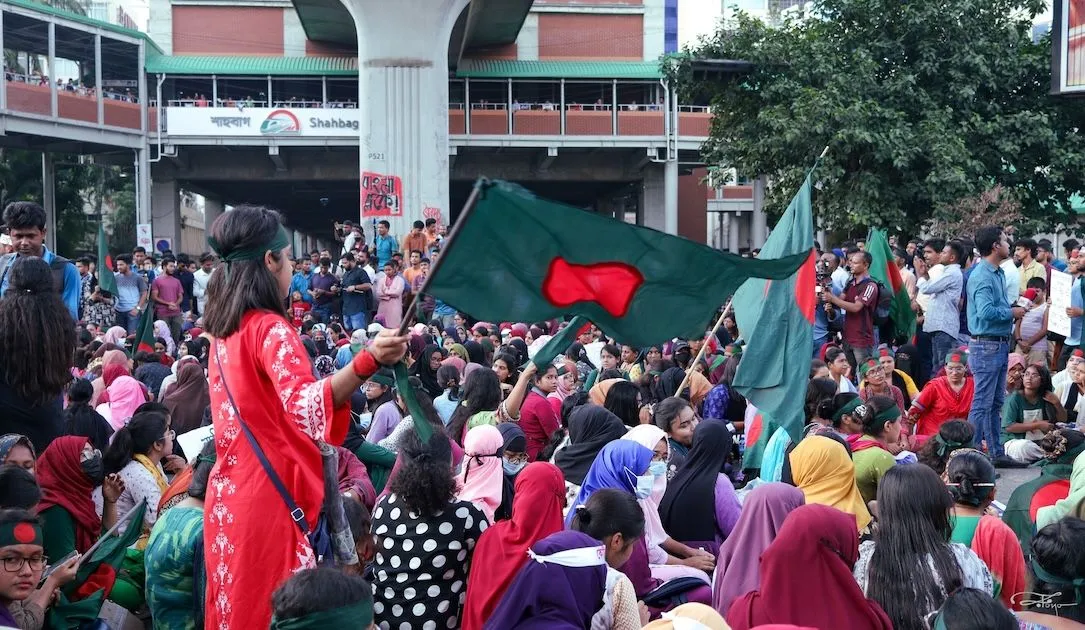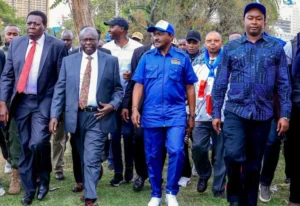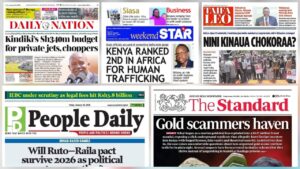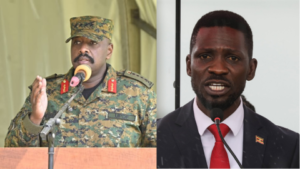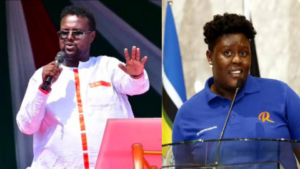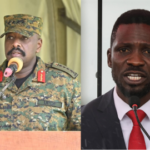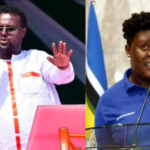Bangladeshi students have called for new street protests on Monday after the government of Prime Minister Sheikh Hasina ignored an ultimatum to release their leaders and apologize for the deaths resulting from recent unrest. This comes in the wake of violent clashes earlier this month, which left at least 205 people dead, including several police officers, according to AFP’s count of police and hospital data.
The student protests, initially triggered by opposition to civil service job quotas, have escalated into some of the worst violence seen during Hasina’s 15-year rule. Despite efforts to restore order by deploying troops, imposing a curfew, and implementing a nationwide internet blackout, the government’s actions have been met with further resistance from student groups.
Abdul Kader, a coordinator for Students Against Discrimination, the group organizing the protests, criticized the government’s response. “The government is continuing to show complete and utter insensitivity to our movement,” Kader said in a statement. “We are calling for a protest rally across the country. We are requesting all citizens of Bangladesh to show solidarity with our demands and join in our movement.”
Students Against Discrimination had set a deadline for the release of their leaders by Sunday evening, threatening to resume demonstrations if their demands were not met. Their demands also include a public apology from Prime Minister Hasina for the violence, the dismissal of several ministers, and the reopening of schools and universities that were closed during the unrest.
Bangladeshi students start new street protests after Prime Minister Sheikh Hasina's government ignored an ultimatum to release their leaders and apologise for those killed in deadly unrest. Now they want the Prime Minister to go employing strategies like holding hands pic.twitter.com/IEvBmfS6RE
— Cyprian, Is Nyakundi Kibiru (@C_NyaKundiH) July 29, 2024
The protests began in response to the reintroduction of a quota system reserving over half of all government jobs for certain groups. This decision angered many graduates, who face a severe jobs crisis, with around 18 million young Bangladeshis unemployed according to government figures. Critics argue that the quota system is a means for the ruling Awami League to fill public positions with loyalists.
Although the Supreme Court reduced the number of reserved jobs last week, it did not fully meet the protesters’ demands to eliminate the quotas entirely. Prime Minister Hasina, who has been in power since 2009 and won her fourth consecutive election in January without genuine opposition, faces accusations from rights groups of using state institutions to entrench her power and suppress dissent, including through extrajudicial killings of opposition activists.
Since the unrest began, Prothom Alo, Bangladesh’s largest daily newspaper, reports that approximately 9,000 people have been arrested nationwide. Despite a gradual easing of the curfew and the restoration of mobile internet services, the situation remains tense.
Sources: AFP


